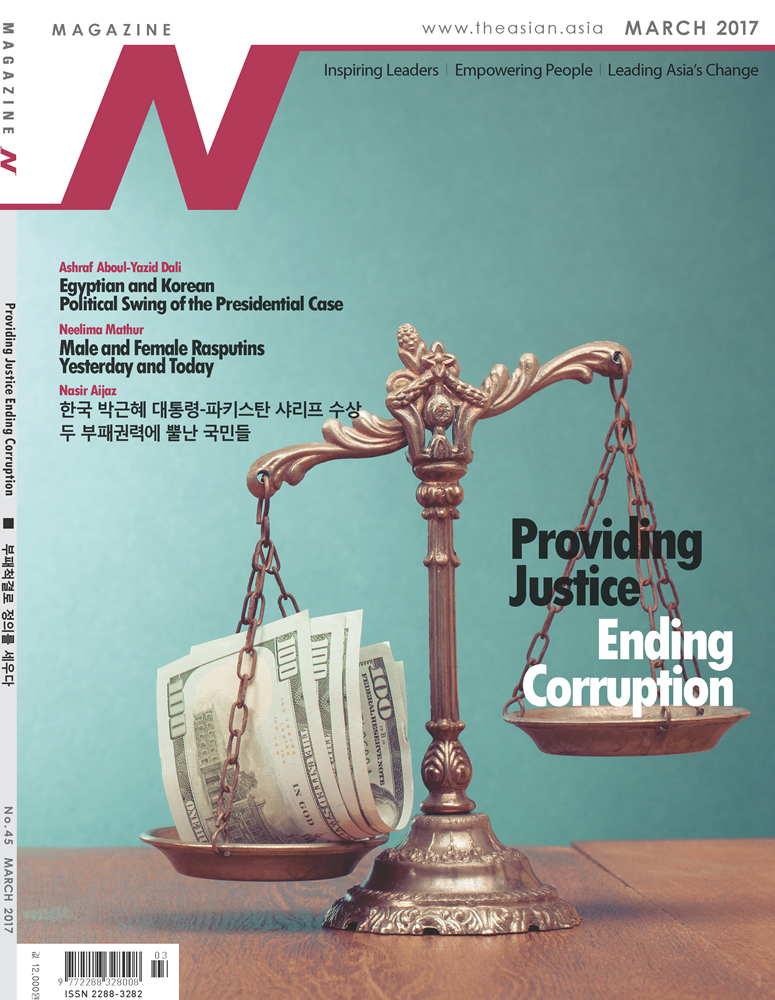US saw NK involvement in KAL bombing: dossier

The United States has made public documents related to its investigation of the 1987 bombing of a South Korean passenger jet, which found North Korea to be behind the act, it emerged Thursday.
Posted on the U.S. State Department, the dossier backs Seoul’s finding that the mid-air bombing of the Korean Air (KAL) 858 – which killed 115 people – was an act of terrorism by the communist state.
It says that the U.S. government interrogated Kim Hyun-hui, the North Korean now living in the South who confessed to the act, and confirmed her culpability, citing, among others factors, a linguistic analysis that “demonstrates that the words she used are North Korean (dialect).”
After the incident, Kim said she and a male accomplice planted a bomb made from liquid explosive and a detonator hidden in a radio on the plane on order from the late Kim Jong-il, who at the time was heir apparent to his father, country founder Kim Il-sung.
In recent years, Kim has reaffirmed her involvement in the incident in response to lingering suspicions that the explosion was orchestrated by the intelligence agency to help then presidential candidate Roh Tae-woo win the election days after the bombing. The previous Roh Moo-hyun administration reinvestigated the incident but did not find evidence that supported the conspiracy theory.
Kim and her companion, pretending to be Japanese tourists, flew on the plane on the first leg of its journey from Iraq, left before it took off for Seoul. Both tried to poison themselves during questioning; her accomplice succeeded.
One U.S. cable said that Kim, in “a situation we controlled,” picked out photographs of 3 North Koreans who had contacted her after she departed from Pyongyang, out of a collection of 26 photographs.
Other cited factors included Tokyo’s assertion that the fake passports the two had traveled on were provided to them by an individual wanted in Japan as a North Korean agent; that they carried the names of contact points in North Korean missions along the way and Pyongyang’s past record of terrorism.
Kim was sentenced to death in 1989 for the bombing over Myanmar but later received a presidential pardon.
The documents also show that President Chun Doo-hwan did not consider military retaliation. A cable quoted him as saying it was because “South Korea was in the course of a political transition and had to host the Olympics.” <The Korea Times/Kim Young-jin>




